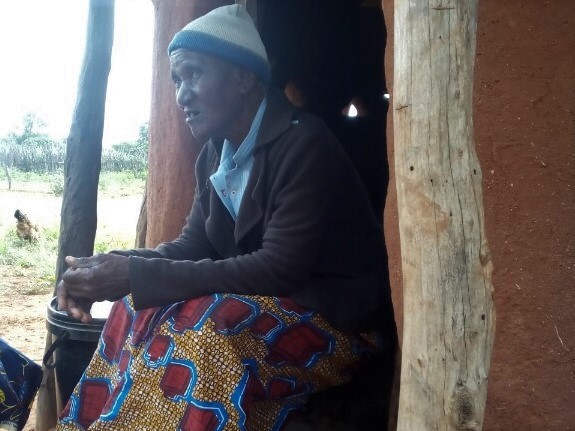Communities’ resistance to COVID-19 vaccination
Winani Ngwenya
Zimbabwe
Reporting topics:
Health, social protection
Tinde Ward 18 in Binga is an example of one of the communities in the country that are resisting being vaccinated for COVID-19 with the reasons for many community members driven by misinformation, lack of information, distrust, and a general disdain for western medicines.
Compared to its neighbours, Zimbabwe has had an organised COVID-19 vaccination programme though lately there have been reports of drug shortages as more and more people come forward to receive their jabs. But that is mostly in urban areas, in the big cities like Bulawayo and Harare.
At the start of the vaccination programme, in February 2021, President Emmerson Mnangagwa told the nation that there would come a time when those not vaccinated would not get government jobs or even be allowed to board public transport. But people remain unfazed and have not repented of their thoughts about the pandemic itself and subsequently its antidote.
Many in Tinde say they have not seen or heard of anyone who has contracted the coronavirus or who has died from its infection. They allege that they have only heard of such on the radio and TV. They are not happy that the vaccination programme appears mandatory as people working in public areas even their local storekeeper has to be vaccinated.
Soldiers maintained locked regulations by moving about communities dispersing crowds and enforcing social distancing protocols but Tinde community says the soldiers never gave them any updates on infections or deaths in their ward.
This article was written by ECID’s Community Engagement Officer Michito in co-production with Our True Voice community reporter, Winani Ngwenya, who was reporting on this issue in her community.


